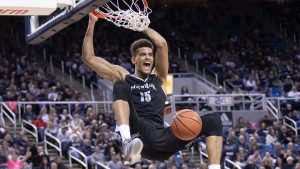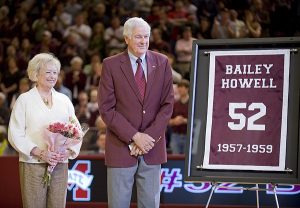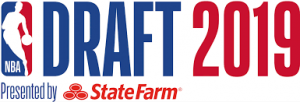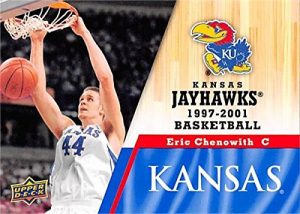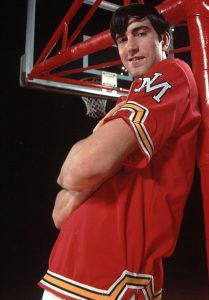There are only a couple of weeks left for the college kids to impress the scouts before the NBA Draft takes place on June 20th. We will spend that time talking to the stars of tomorrow as they prepare for the next phases of their careers. Trey Porter started his college career at GMU, then spent 2 years playing at ODU, and finished up at Nevada with a trip to the NCAA tourney. HoopsHD’s Jon Teitel got to chat with Trey about the Wolf Pack’s recent coaching change and what it would mean to get drafted.
You began your college career at George Mason where you played in 30 games as a freshman: how were you able to come in and contribute right from the start? I just listened to what the coaches told me to do, did what they said, worked my way into the rotation, and eventually got more playing time.
In 2015 you transferred from George Mason to Old Dominion: why did you decide to transfer, and what made you choose the Monarchs? My coach at GMU (Paul Hewitt) got fired so my fellow freshmen and I all ended up transferring to other schools. ODU was 1 of the 1st schools to reach out to me and I wanted to stay close to home. They had recruited me when I was still in high school so I already had a good relationship with them.
In March of 2018 you had 29 PTS/9-12 FG/12 REB/0 TO in a win over Florida Atlantic: where does that rank among the best all-around games of your career? I think it definitely ranks up there: I got pretty hot and stayed pretty hot. It was probably 1 of the best college games I had production-wise.
After graduating from ODU you transferred to Nevada: how did you like playing 1 year for Eric Musselman, and how do you think Steve Alford is going to do in Reno? I liked playing for Coach Musselman: he helped me do what I needed to do to prepare to become a pro player and achieve my dreams. Coach Alford has a proven track record and has won at many different schools so I think he will do phenomenal at Reno and pick up where Coach Musselman left off. I do not think there will be a dip in the team’s number of wins.
In the NCAA tourney last March you had 3 REB in a 9-PT loss to Florida: what did you learn from that loss that will help you going forward? I learned that there are certain things that I need to add to my game to stay on the court longer: I did not play as much as I would have liked.
Your FG% went up during each of your 4 years in college: how were you able to keep improving every single season? I just started dunking the ball a little bit more! About 75% of my points were on dunks and I just got more and more athletic each year.
You were top-10 in BPG in each of the 3 conferences you played in over the past 5 years: what is your secret for blocking shots? Just timing. I let my teammates know that I am back there to support them. I was not as great this past season but still blocked a few shots. Timing is crucial: knowing when to go for a block and when not to (so that you do not give up an offensive rebound).
You are a type 1 diabetic: what impact has that had on you both on and off the court? Some days are a little harder than others but for the most part I have it under control. I think there was only 1 game this year where I had to take a break because my blood sugar was a little low but it was just a 1-time thing. I did not know that people looked up to me but a lot of parents/kids reached out to me and said I was an inspiration to them, which was great. I felt like I was affecting lives even more off the court.
Your mother Caroline played basketball at Radford, your sister Amber played basketball at James Madison, and your sister Erin played college volleyball: who is the best athlete in the family? Oh me: everybody knows that! We are all athletic in our own respect but I am definitely the best athlete.
What would it mean to you to get drafted? It would be mind-blowing. I want to play basketball for as long as I can at the highest level I can. Just being able to lace up my sneakers and play in the NBA would be my own lifelong goal, even if I do not get drafted.

